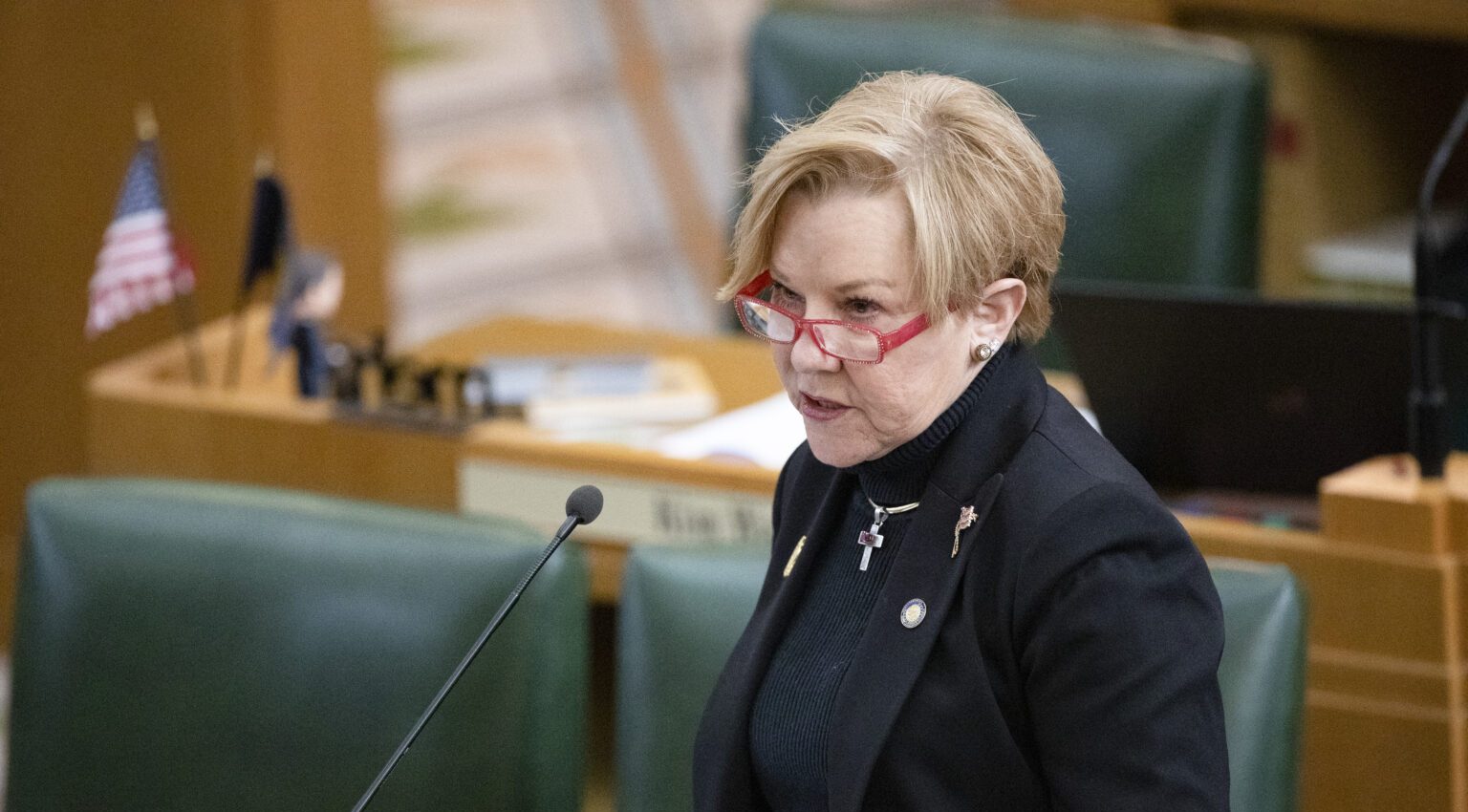Some state employees to get COVID-19 hazard pay
Published 11:00 am Thursday, July 29, 2021
SALEM — Gov. Kate Brown has agreed to award state workers who were required to report to work in person during the pandemic one-time “COVID hazard payments” of up to $1,550 under new tentative labor agreements.
All state employees who had to work in-person for at least 480 hours between March 8, 2020, and June 30, 2021, will be eligible, according to a summary of the tentative deal the state reached with SEIU 503. A member of AFSCME Council 75’s bargaining team on Tuesday, July 27, confirmed that union reached the same deal.
To be eligible for the top amount, employees must have worked at least 1,040 mandatory in-person hours, the equivalent of 26 40-hour weeks. Employees who worked fewer mandatory in-person hours but met the 480-hour minimum will receive $1,050, according to SEIU 503’s online announcement of its tentative labor agreement with the state.
A state spokesperson clarified on July 28 that all state employees who meet those thresholds will be eligible for the payments, regardless of whether they are represented by a union.
During the five-month legislative session that ended in June, unions pushed hard for lawmakers to approve “essential worker” stimulus payments and some lawmakers supported the idea.
But legislators could not agree which workers should receive the payments, so a broad proposal that would have benefited categories of workers across the economy — including the private sector — never gained much traction. The $450 million proposal also envisioned $1,200 back-to-work incentive payments for frontline workers who collected unemployment during the pandemic. Front-line workers who stayed on the job would have received $2,000 in stimulus money, The Oregonian reported.
Christina Sydenstricker Brown, a direct support specialist who cares for people with intellectual and developmental disabilities with co-occurring mental health issues, is a member of AFSCME’s bargaining team. Sydenstricker Brown said she expects approximately 1,000 state employees to qualify for the additional overtime payment, including workers at the Department of Corrections, Oregon Youth Authority, state psychiatric hospital and the stabilization and crisis unit where she works.
Sydenstricker Brown said she and her co-workers played an essential role during the pandemic, donning full personal protective equipment to provide in-person care to people with special needs.
“Just working through that and the anxiety that the individuals and my peers and myself felt was stressful,” Sydenstricker Brown said. “But we did the job … We kept Oregon going through this pandemic and we still are keeping Oregon going through this pandemic. So I just want to thank all my co-workers and all the other essential workers out there that helped keep Oregon going.”





